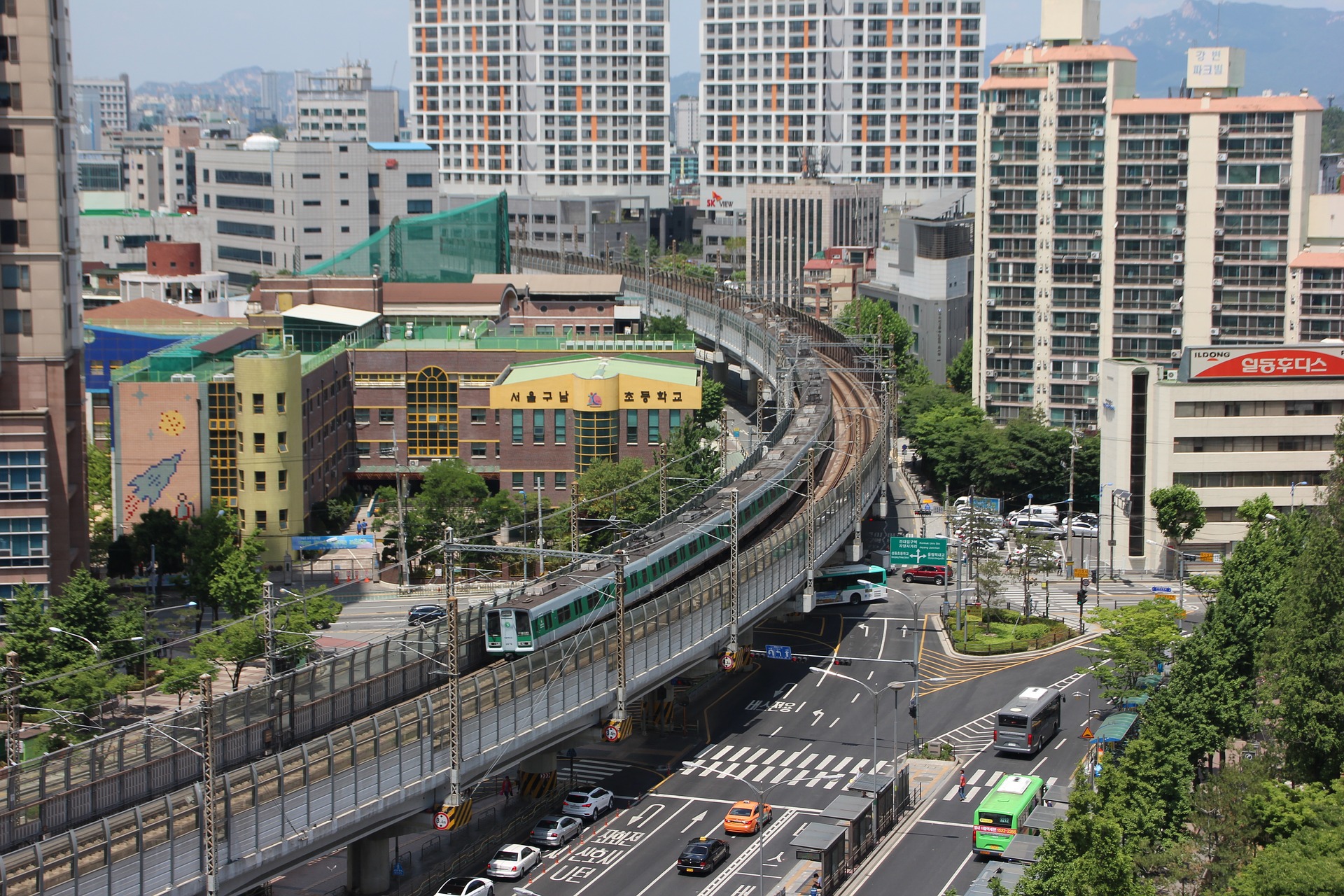1109 results found
Featured results



More results
This report assesses infrastructure PPP investments in an expanded list of Fragile and Conflict Affected States (EFCS2), as well as the PPP regulatory frameworks during the 2012-2016 period.
The checklist aims at providing a framework to ensure the mainstreaming of gender in the infrastructure sector throughout the project cycle.

The checklist aims at providing a framework to ensure the mainstreaming of gender in the education sector throughout the project cycle.

The checklist aims at providing a framework to ensure the mainstreaming of gender in the health sector throughout the project cycle.

This study reviews African Project Preparation Facilities, providing recommendations for their enhancement.

This publication discusses issues that characterise PPPs from the project selection stage until after the contract is signed.

Lifelines lays out a framework for understanding infrastructure resilience—the ability of infrastructure systems to function and meet users’ needs during and after a natural shock—and it makes an economic case for building more resilient infrastructure.

The objective of this paper is to explore the impact of Uruguay's privatization and subsequent nationalization of water services on network access and water quality

This paper presents the state of infrastructure in developing Asian countries, in particular how the development of this infrastructure has correlated with past and current growth in Asia.

This paper provides a comprehensive overview of the issues, policies, and political economy of infrastructure investment, and a review of empirical literature of the relationship between growth and infrastructure within Asia.

This paper provides a review of the literature connecting housing, housing finance and the broader economy. It draws together work in these areas that are seldom part of the mainstream literature of economic development.

This paper argues that with the rapid urbanization in Southeast Asia, local government units (LGUs) in Southeast Asia are comparable to their counterparts in Canada and therefore should move to a comprehensive/beneficial asset management system.

This policy brief reviews two aspects of independent regulation: institutional efficacy, including primarily autonomy, capacity, and accountability; and the mode of regulation, or the regulator's functional scope. Recommendations are made in the policy brief relating to the entire regulatory process.

This paper reviews the literature on the impact of physical infrastructure on development and issues surrounding the analysis of the effects of infrastructure on development indicators such as poverty.

This report responds to a request from the Royal Government of Cambodia for the World Bank to assess the current state of its Digital Economy and identify policies such as supporting the development of digital skills and completing regulatory framework.

The Global Infrastructure Hub (GI Hub) has collaborated on this blog with Seungbeum Rho, a Specialist at the Korea Development Institute (KDI). This blog outlines some of the lessons learned in Korea on the topic of project preparation, which can be found in more detail in the GI Hub’s Reference Tool on Governmental Processes Facilitating Infrastructure Project Preparation.
 Project Preparation Tool
Project Preparation Tool
 Introduction: Laying the foundations and charting a way forward
Introduction: Laying the foundations and charting a way forward
 Enabling environment: what are the prerequisites required to facilitate the preparation of quality infrastructure projects?
Enabling environment: what are the prerequisites required to facilitate the preparation of quality infrastructure projects?
 Financing project preparation: how can governments effectively utilise project preparation financing sources?
Financing project preparation: how can governments effectively utilise project preparation financing sources?
 What are the benefits of well-planned and prioritised infrastructure investment?
What are the benefits of well-planned and prioritised infrastructure investment?
 How do you translate a concept into a bankable project?
How do you translate a concept into a bankable project?
 How should governments communicate projects?
How should governments communicate projects?
 Project Preparation in Indonesia – how has the government attracted private participation?
Project Preparation in Indonesia – how has the government attracted private participation?
 Project Preparation in India – how specialised institutional structures help in planning complex projects
Project Preparation in India – how specialised institutional structures help in planning complex projects

Focused on the electricity system, BloombergNEF s (BNEF s) New Energy Outlook (NEO) combines the expertise of over 65 market and technology specialists in 12 countries to provide a unique view of how the market will evolve. Each year BNEF makes a number of changes to NEO as they strive to improve the completeness and complexity of their analysis. Click on the link to BNEF s website to see the 10 key findings.


The Australian Infrastructure 2019 Audit covers transport, energy, water, telecommunications and for the first time social infrastructure, and looks at the major challenges and opportunities facing Australia s infrastructure over the next 15 years and beyond. They have presented their findings in terms that matter to users, by focusing on outcomes for them. The hope is that this enhanced focus on users, and the role infrastructure can play in improving their quality of life, helps to drive better decisions that are rooted in the long-term interests of Australians.

The Project Disclosure Portal was launched in 2018 by the Government of Kenya with support from the World Bank, as a push to improve transparency of information on PPP projects.

Increasingly, infrastructure leaders, investors and developers are recognising the need to not only increase the quantity of infrastructure investment globally to drive economic growth, but also the quality of infrastructure investment, to ensure that that growth and development is inclusive and sustainable.






